Learn how to stay safe online and protect your personal data while enjoying free Wi-Fi during your travels.
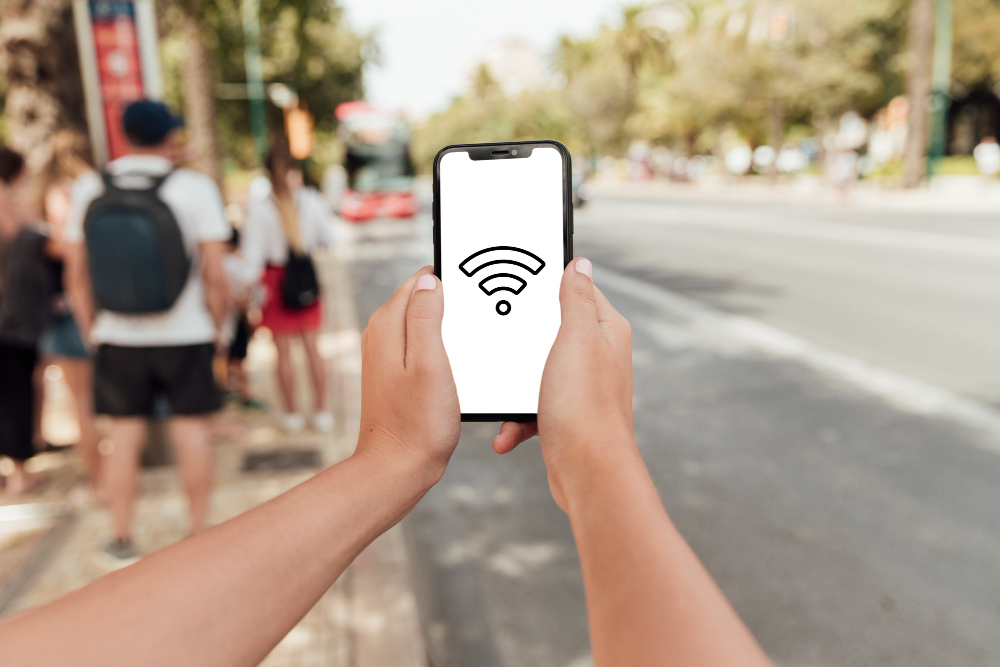
Public Wi-Fi hotspots can be a lifesaver when traveling, but they can also be a breeding ground for scams. Cybercriminals prey on unsuspecting travelers, leaving their sensitive data exposed. The good news? With a few smart precautions, you can enjoy the convenience of public Wi-Fi without compromising your security. Here are 10 essential ways to protect yourself from Wi-Fi hotspot scams and ensure your personal information stays private.
1. Always verify the Wi-Fi network name before connecting
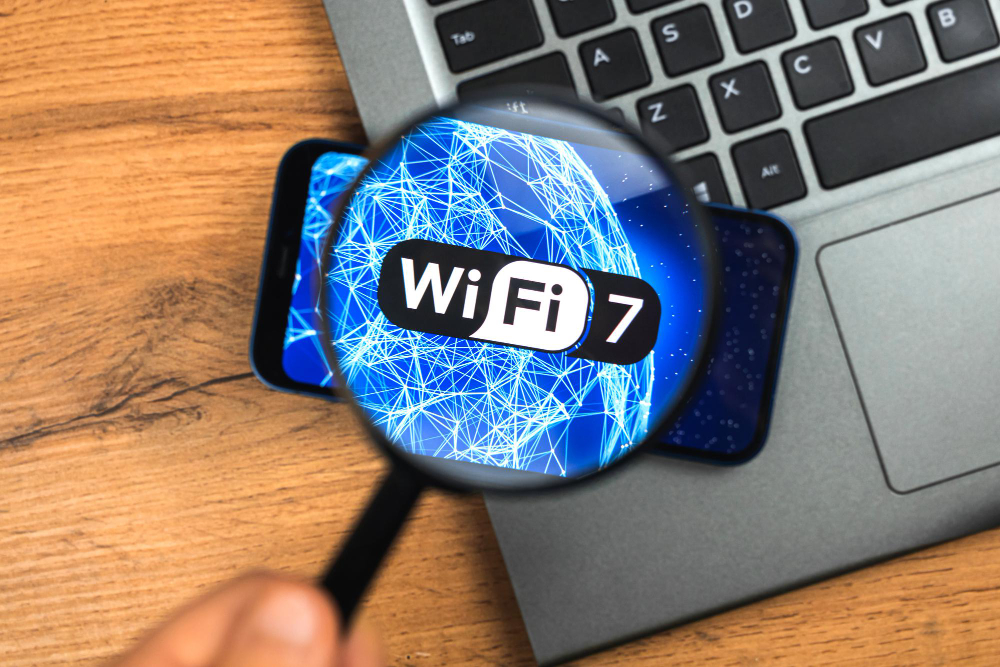
Before connecting to a Wi-Fi hotspot, confirm the network name with the establishment providing it. Scammers often set up fake networks with names mimicking legitimate ones, such as “Hotel Free Wi-Fi” near a hotel. Unsuspecting users may connect to these rogue networks, exposing their data to hackers. To stay safe, ask an employee for the exact network name and password. Double-check the spelling and avoid connecting to any network that seems suspicious or unverified. Vigilance here can prevent major risks.
2. Use a virtual private network (VPN) to encrypt your connection
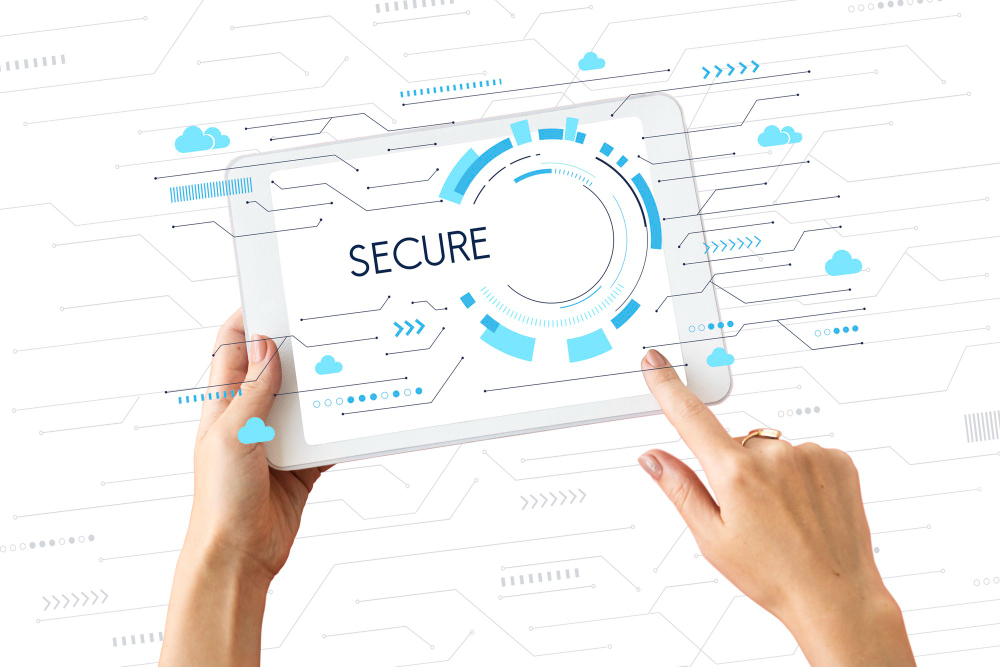
A VPN is a powerful tool that encrypts your internet connection, ensuring your data remains secure even on public Wi-Fi. By routing your traffic through an encrypted tunnel, VPNs prevent hackers from intercepting your sensitive information, such as passwords or payment details. Many VPN providers offer user-friendly apps designed for travelers, making it easy to protect your connection on the go. Install a reputable VPN service before your trip, and always activate it when using public Wi-Fi networks.
3. Avoid accessing sensitive accounts on public Wi-Fi

Public Wi-Fi networks lack robust security measures, making them a hotspot for cybercriminals. Avoid logging into sensitive accounts, such as online banking or email, while connected to these networks. Hackers can exploit vulnerabilities to intercept your data or steal your login credentials. If accessing such accounts is unavoidable, consider using a VPN to secure your connection. Alternatively, switch to a mobile data network for added security. Prioritizing this precaution can save you from costly identity theft or data breaches.
4. Turn off automatic Wi-Fi connections on your devices

Many devices are set to connect automatically to available Wi-Fi networks, which can inadvertently expose you to fraudulent or insecure hotspots. This feature may be convenient, but it leaves you vulnerable to cyberattacks. Adjust your device settings to disable automatic connections, requiring manual approval for each network. This simple step allows you to verify a network’s legitimacy before connecting. Taking control over your Wi-Fi access ensures you avoid accidentally connecting to malicious networks while traveling.
5. Use two-factor authentication for sensitive accounts

Two-factor authentication (2FA) provides an extra layer of security by requiring a second verification step in addition to your password. This could involve entering a code sent to your phone or using a fingerprint scan. Even if hackers obtain your login credentials through a Wi-Fi scam, they won’t be able to access your account without this additional factor. Enable 2FA on important accounts like email, banking, and social media before your trip. It’s an easy yet effective way to safeguard your data.
6. Avoid using shared or public computers to log in

Public computers, such as those found in hotels or internet cafés, are often unsecured and vulnerable to malware. Cybercriminals can install software on these machines to capture keystrokes or login credentials. Using such devices to access personal accounts puts your information at significant risk. Whenever possible, stick to your own devices for online activities. If you must use a public computer, avoid entering sensitive information, log out of all accounts after use, and clear the browsing history for extra caution.
7. Regularly update your devices and software

Outdated devices and software often have security vulnerabilities that hackers can exploit. Keeping your operating system, apps, and antivirus programs updated ensures you have the latest protections against threats. Before traveling, perform a thorough check for updates across all your devices. Many updates include critical patches that address known weaknesses. Set your devices to update automatically, so you’re protected even while on the move. This proactive approach is essential for staying ahead of cybercriminals exploiting public Wi-Fi.
8. Use antivirus software to detect and block threats

Antivirus software is your first line of defense against malicious activities on your devices. It can detect and block malware, viruses, and other cyber threats that may target you while using public Wi-Fi. Before traveling, ensure all your devices are equipped with reliable antivirus software and that it’s up to date. Some programs also offer extra features, like secure browsing or VPN integration. Conduct regular scans to identify and remove potential threats, keeping your devices and data safe.
9. Pay attention to security warnings from your browser
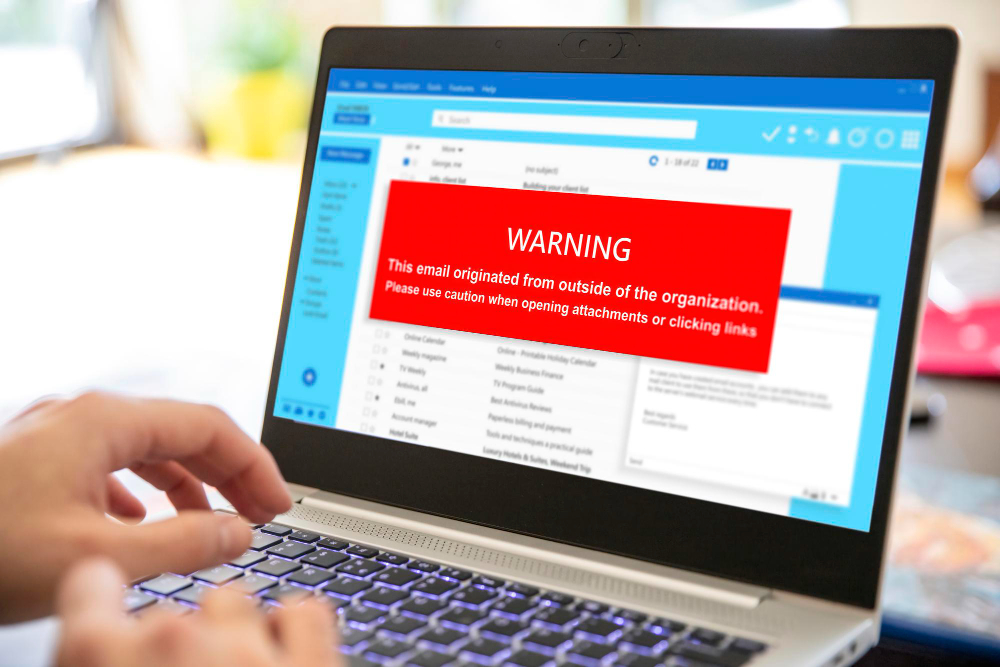
Browsers often display warnings when you attempt to access an unsecured website or one with an unverified certificate. These alerts are designed to protect you from malicious sites or compromised connections. If you encounter such warnings while connected to public Wi-Fi, do not proceed. Exiting the site immediately reduces your risk of exposure to scams or data theft. Instead, switch to a secure network before accessing sensitive sites. Paying attention to these warnings can help you avoid major security breaches.
10. Log out and forget networks after use
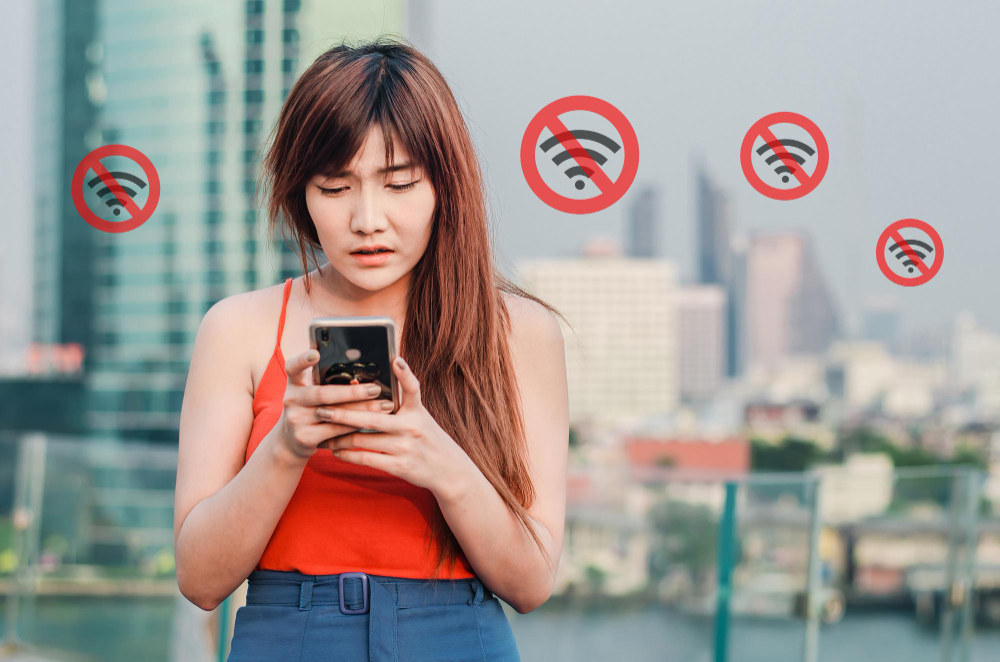
When you finish using a public Wi-Fi network, log out of any accounts you accessed and disconnect from the network. Forget the network on your device to prevent automatic reconnection in the future. This simple step minimizes your exposure to security risks, as attackers often linger on public networks to exploit connected users. Making this a routine habit after using public Wi-Fi ensures your device and personal information remain protected during your travels.
